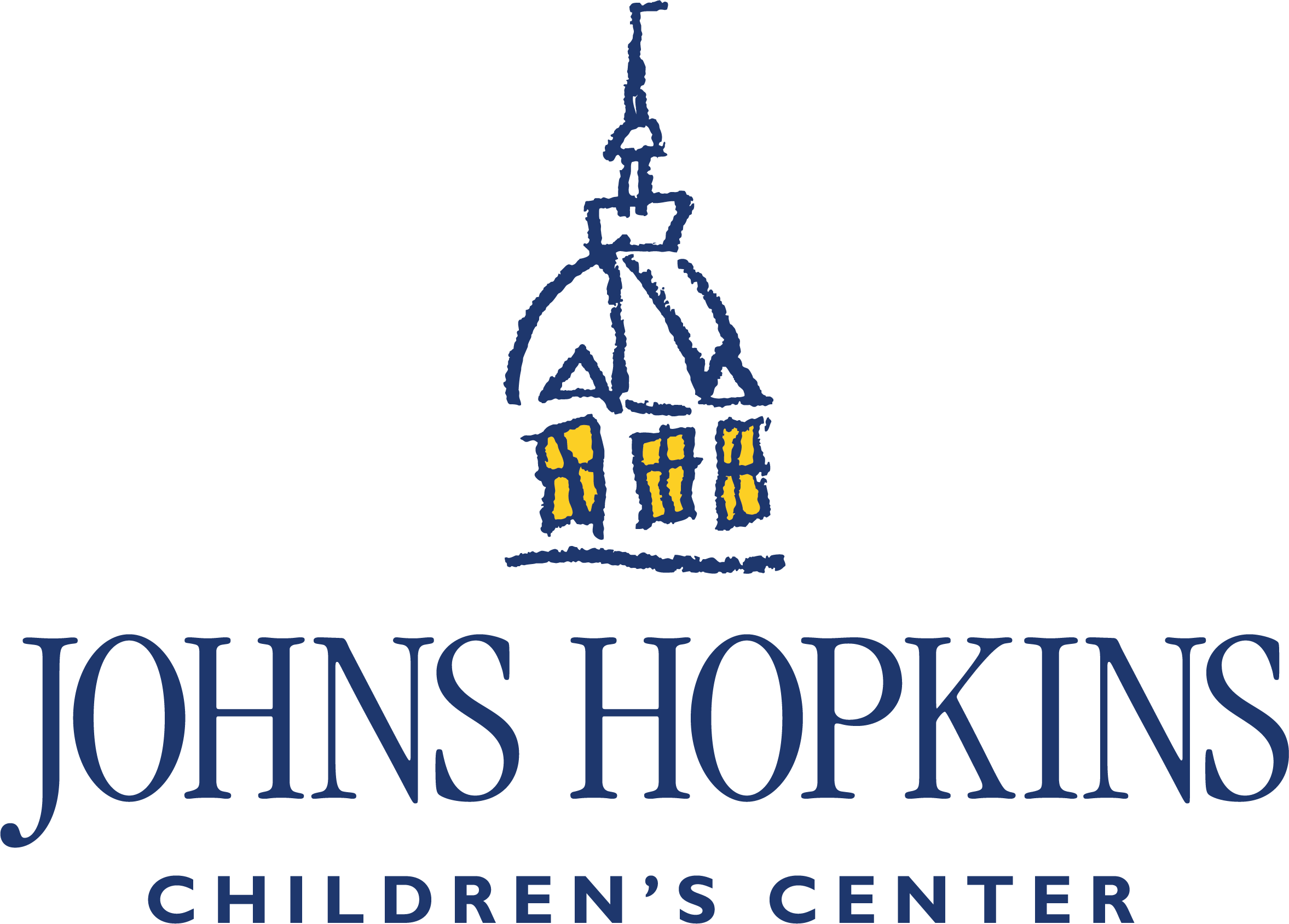Pediatric Endocrinology Fellowships: What to Expect
The Division of Pediatric Endocrinology and Diabetes offers a comprehensive academic training program that consists of three years of training in contemporary pediatric endocrinology research and practice. The overall goal of the program is to train physician scientists and clinical investigators in pediatric endocrinology in a program that stresses the integration of clinical endocrinology, research and discovery.
Year One: Clinical Focus
In the first year of training, fellows have a clinically focused experience. The majority of the first-year fellows’ clinical time is in our division outpatient clinics. They also have the majority of their inpatient experience during this first year of training. However, first-year fellows also begin participating in their own research project, as well as the division quality improvement project.
Endocrine Clinics
Our endocrine clinics take place at multiple sites, including the main Johns Hopkins campus, Mt. Washington Pediatric Hospital, Greater Baltimore Medical Center and Johns Hopkins Howard County Medical Center. There is also a plan to expand to other clinical sites in the near future. Our patient catchment area spans a large and diverse geographical region stretching from western Maryland and West Virginia to Pennsylvania, Delaware, Virginia and the Washington, D.C., area. Additionally, we serve a number of patients from more distant areas across the country and from outside the United States.
Diabetes Clinics
Our comprehensive diabetes clinics serve patients with type 1, type 2, cystic fibrosis-related and other forms of diabetes mellitus at two sites: the main Johns Hopkins clinical campus and the Mt. Washington Pediatric Hospital. At both sites, nutrition and behavioral health services are integrated into these clinics. We have a state-of-the-art pediatric bone health clinic, in which fellows gain experience diagnosing and managing disorders of bone metabolism.
A Variety of Clinical Experiences
First year fellows will see outpatients followed by the pediatric endocrine faculty in the full range of outpatient clinics. Fellows also have a weekly half-day continuity clinic, which alternates between endocrine and diabetes clinics. In their continuity clinics, the fellows follow their own panels of patients longitudinally over the three years of their fellowship.
While on inpatient call, fellows and faculty care for patients on the pediatric endocrine inpatient service, as well as patients for whom we have been called to consult for specific clinical questions. Patients include the full range of inpatient pediatric endocrinology, from the uncomplicated patient admitted with new-onset diabetes mellitus to the complicated post-operative neurosurgical patients with panhypopituitarism. Fellows will generally take inpatient call for one week at a time.
Other clinical experiences during the first year include a month in adult endocrinology both in the inpatient and outpatient setting, as well as a month at the National Institutes of Health in Bethesda, Maryland, taking part in the many inpatient research protocols underway there.
National Meetings
Fellows are encouraged to attend national meetings throughout their three years of fellowship training. Financial support is provided for first-year fellows to attend the Pediatric Endocrine Society Meeting (currently held in conjunction with the Annual Pediatric Societies Meeting).
Years Two and Three: Research Focus
The second and third years of fellowship are focused on the fellows’ original research under the guidance of a strong faculty mentor. Fellows have ample support in identifying a suitable mentor during the first year as they explore their research options. Opportunities exist to participate in clinical, translational and bench research projects. Additionally, there are various opportunities within the university to obtain funding to pursue a Master of Health Science degree during the second and third years of fellowship.
Ongoing Clinical Opportunities
During the second and third years, fellows continue to solidify their clinical expertise in both inpatient and outpatient pediatric endocrinology. Their outpatient experience in these years is through their weekly endocrine and diabetes continuity clinics, as well as outpatients needing urgent evaluation, who the fellows see during their on-call weeks.
While on-call weeks during the second and third years of fellowship are limited in order to allow the fellows to focus their efforts on their research experience, fellows have sufficient on-call weeks in these years to prepare them for independence in their clinical abilities upon graduation.
National Meetings
Fellows are encouraged to attend national meetings throughout their three years of fellowship training. There are opportunities for financial support to attend a national meeting appropriate to the fellows’ interests in the second and third years of training.

